Credit card debt can be brutal.
If your credit card balance is starting to scare you, it can be all too easy to brush it under the carpet.
But there are options out there if you are worried.
Listed below are 5 ways that could help you pay off credit card debt. It could also be helpful to read the government’s official advice on debt.
1 ASK FOR HELP FROM A RELATIVE OR FRIEND
It can help to talk about your problems when it comes to money. Debt can be a hard subject to broach with those close to you, but talking could help in this case.
Start by asking a friend or relative (preferably a relative, blood is thicker than water and all that) if they can help.
Best not to turn up at their door and unload your problems. You could approach the subject over a nice cup of tea while everyone is relaxed.
You may not have to reveal the full extent of your problem if it’s something you’re particularly worried about. But sometimes honesty can be the best policy.
Even if it’s a small chunk of your overall debt, it could be a start on your way to reducing your debts.
Psychologically it could also be a massive help.
If they can’t offer cash, an interest-free loan is another way a friend or relative could help. Again it doesn’t have to be the full debt, even a chunk of your debt being handled in this way could help.
Do you know how compounding works and the effect it can have on your debt or, conversely your savings? This calculator illustrates the power of compounding.
2 INFORM YOUR CREDITORS
If you are having trouble with paying back your debts, it’s crucial to talk to your credit card company. They could help you by offering debt advice or alternatives to your existing plan.
If you have many debts with multiple companies, think tactically about how you could approach them. In the past, I was able to lower my mortgage payments thus freeing up funds to tackle my credit card debt.
I am now overpaying my mortgage to make up for the years I was underpaying it and am back on target for my end date.
Each case is different though and you should think carefully about the long term impact of such decisions. Talk to an independent financial adviser if necessary.
3 CONSOLIDATE YOUR DEBT WITH A LOAN
Credit card interest rates are usually very high (excluding introductory rates). They can be in the region of 17 or 18%, (for a savings account, this would be incredible). Consider that the Bank of England base rate is currently (June 2020) 0.1% whilst the highest ever was 15% in October 1981.
A debt consolidation loan could offer much lower rates than your current credit card and more importantly, you would not be tempted to spend assuming you destroy your credit card.
4 TRANSFER YOUR BALANCE TO ANOTHER CARD
Not an ideal solution as you could be exacerbating the problem, a balance transfer could mean you get a very low-interest rate for a limited period of time. Offers can be interest-free for a year, for example, some may even extend for up to 24 months. Whatever the new rate, it could pay to look into the option of a card balance transfer. It could save money in the short term. But make sure you destroy your old card.
5 CHOP UP YOUR CREDIT CARD
The easiest and quickest thing you can do to stop additional debt piling on top of your existing debt is to take a pair of scissors to your credit cards.
You will still have your debts, but it can be so tempting to keep your credit card in your wallet in case you need to use it at the end of the month when you’re short of cash.
Cut it up. I’ve done it myself and it’s a great feeling.
These are just five ideas I have used myself in the past to tackle credit card debt. It can be really tough I know but there are solutions out there. Found this article interesting? I have listed a range of credit card alternatives here.
Photo by rupixen.com on Unsplash
